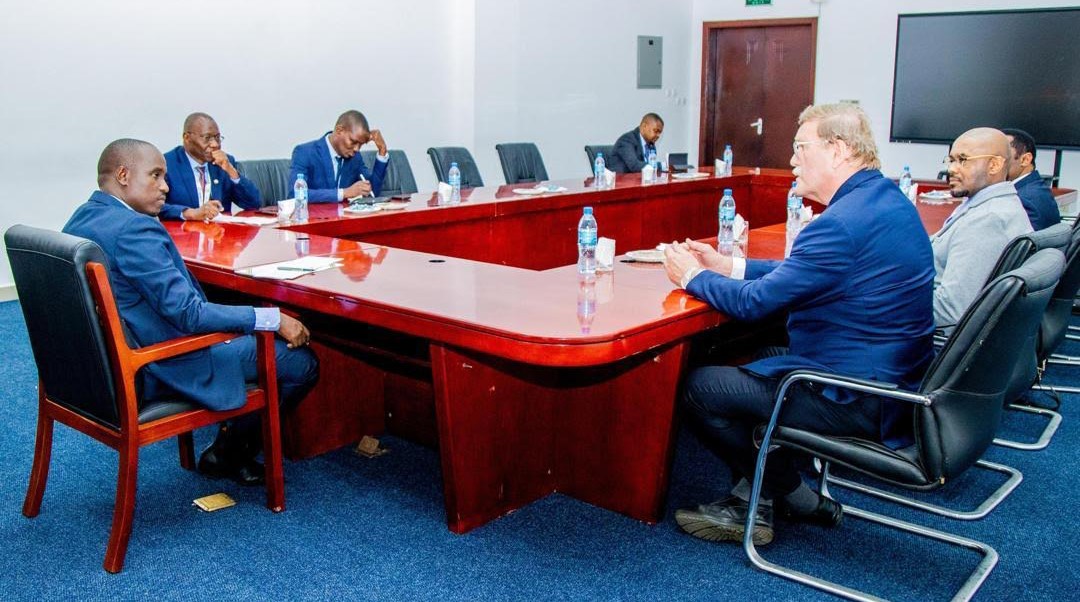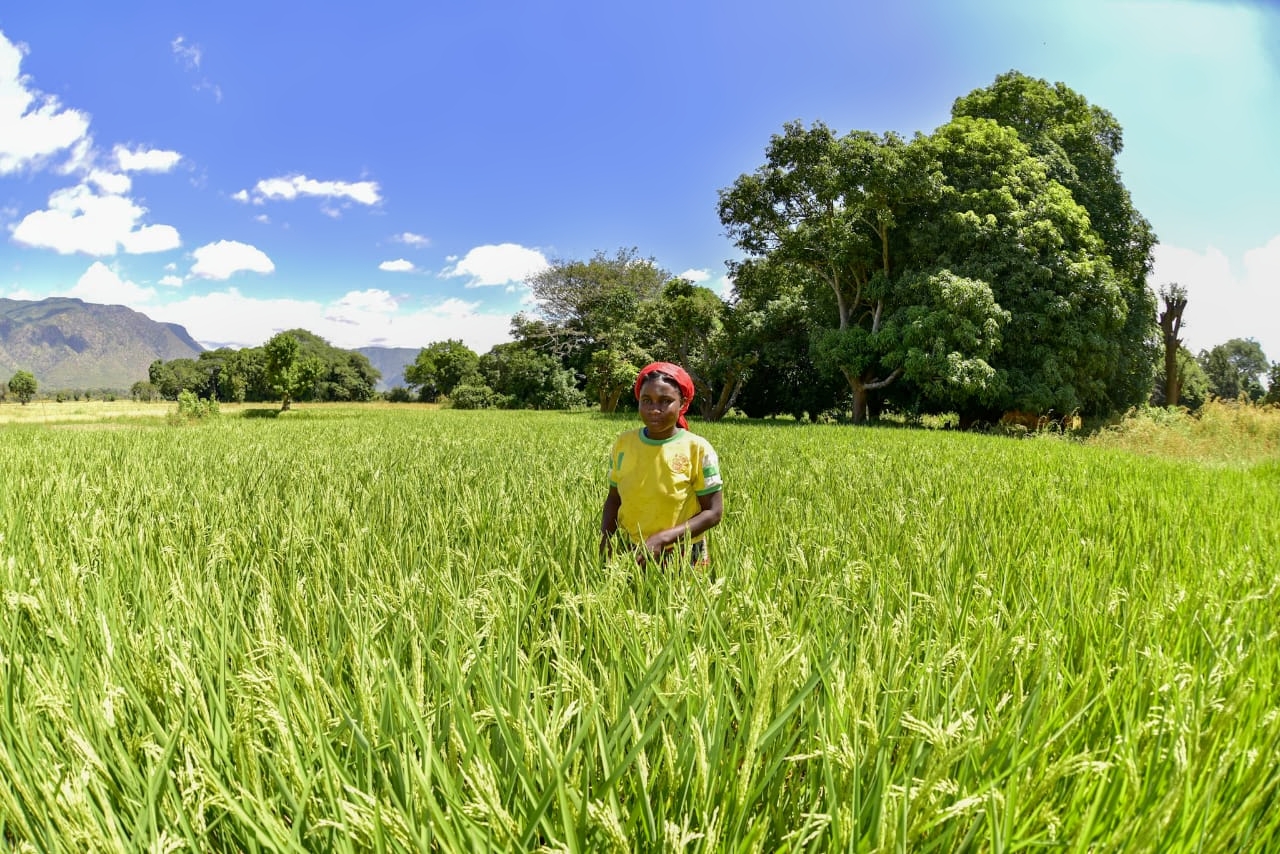Why press freedom and end to FGM are related in Somalia

Somali journalists attend a conference in Mogadishu to mark the International Day of Zero Tolerance for Female Genital Mutilation on February 6, 2022. PHOTO | COURTESY |
What you need to know:
- Somalia performs poorly when it comes to defeating FGM, and attaining press freedom.
- UNFPA said it was also giving protection to women and providing care to those who have undergone it, seeking to lessen the blow in a country that has yet to enact a law against FGM, even though leaders generally do not condone it.
Press freedom and female genital mutilation (FGM) may be unrelated issues around the world but in Somalia, stakeholders think achievement of one will depend on the other.
On Sunday, as the world marked the International Day of Zero Tolerance for FGM, the two issues converged in Mogadishu, with stakeholders saying eliminating the scourge of FGM will largely depend on how journalists can freely and accurately report about it.
Somalia performs poorly when it comes to defeating FGM, and attaining press freedom.
In Africa, it is considered one of the most dangerous countries to work as a journalist, according to annual data from the Reporters Without Borders (RSF), a global lobby for press freedom.
And when it comes to FGM, nine in every ten women in Somalia, aged 15-49, you meet have undergone it, forcibly, according to the United Nations Population Fund (UNFPA), the global agency that tackles sexual and reproductive health.
A study by UNFPA found that most of the affected girls in Somalia were aged five to nine and that up to seven in every ten women in the country falsely believed it was an Islamic requirement to get the horrid cut.
On Sunday, stakeholders generally agreed there has to be more awareness on FGM.
“By advocating to end FGM, and by having access to community members, survivors and those intimately involved in the practice, journalists can report on the complexity of the issue with sensitivity and clarity, ensuring diverse voices are heard,” said Omar Faruk Osman, secretary general of the National Union of Somali Journalists (NUSOJ), a lobby for press freedom in Somalia.
“Most importantly, the media has the ability to frame FGM within a human rights context and strongly communicate the impact the practice has on the physical and psychology health of survivors”, he said at a function to commemorate the day against FGM.
NUSOJ has launched a working partnership with UNFPA, seeking to tackle misinformation on FGM and working with local civil society groups to improve on awareness on the dangers of the cut.
The UN agency said it was also giving protection to women and providing care to those who have undergone it, seeking to lessen the blow in a country that has yet to enact a law against FGM, even though leaders generally do not condone it.
“Female genital mutilation harms the lives and futures of young girls and women. It is a violation of rights to bodily integrity and freedom from torture,” said Anders Thomsen, UNFPA’s Country Director for Somalia.
One area of focus, Thomsen said, was working with civil society groups and government officials to mobilise “political pledges, positive role modelling and action to end FGM.”
“Religious leaders, families, communities, women, men, girls and boys are committing through personal pledges, positive role modelling and action to end FGM in Somalia. However, there is a need to sustain and accelerate advocacy and community action so as not to lose the gains made so far. Only united and concerted action can end FGM.”
NUSOJ and UNFPA said they plan to work with a group of 50 journalists, civil society actors “and citizens of goodwill,” to celebrate and jointly reflect on the progress and challenges facing the FGM campaign in the country.
The press lobby said it has committed to highlighting the benefits of ending FGM as part of a fight against gender-based violence as well as seeking progressive laws on crimes against women and other related gender-based discriminations.
This year’s theme was “Accelerating Investment to End FGM”, and the group says vibrant media will be useful in Somalia’s quest to end FGM. It said it will continue working with UNFPA to train journalists on reporting on FGM, having already trained 400 in the past several months.
“We will maintain our unwavering support for FGM advocacy and local actions to end FGM which is both a rights violation and a retrogressive cultural practice that continues to perpetuate inequality and GBV in our beloved country,” Osman said.




